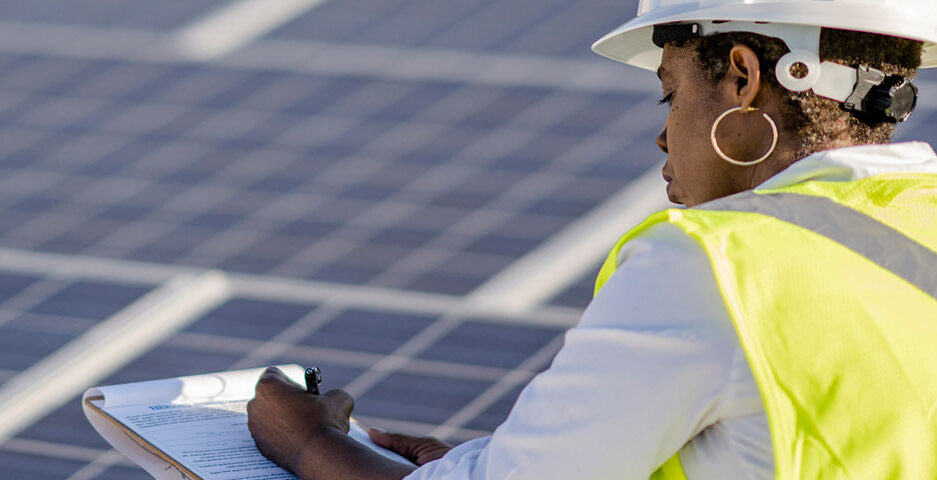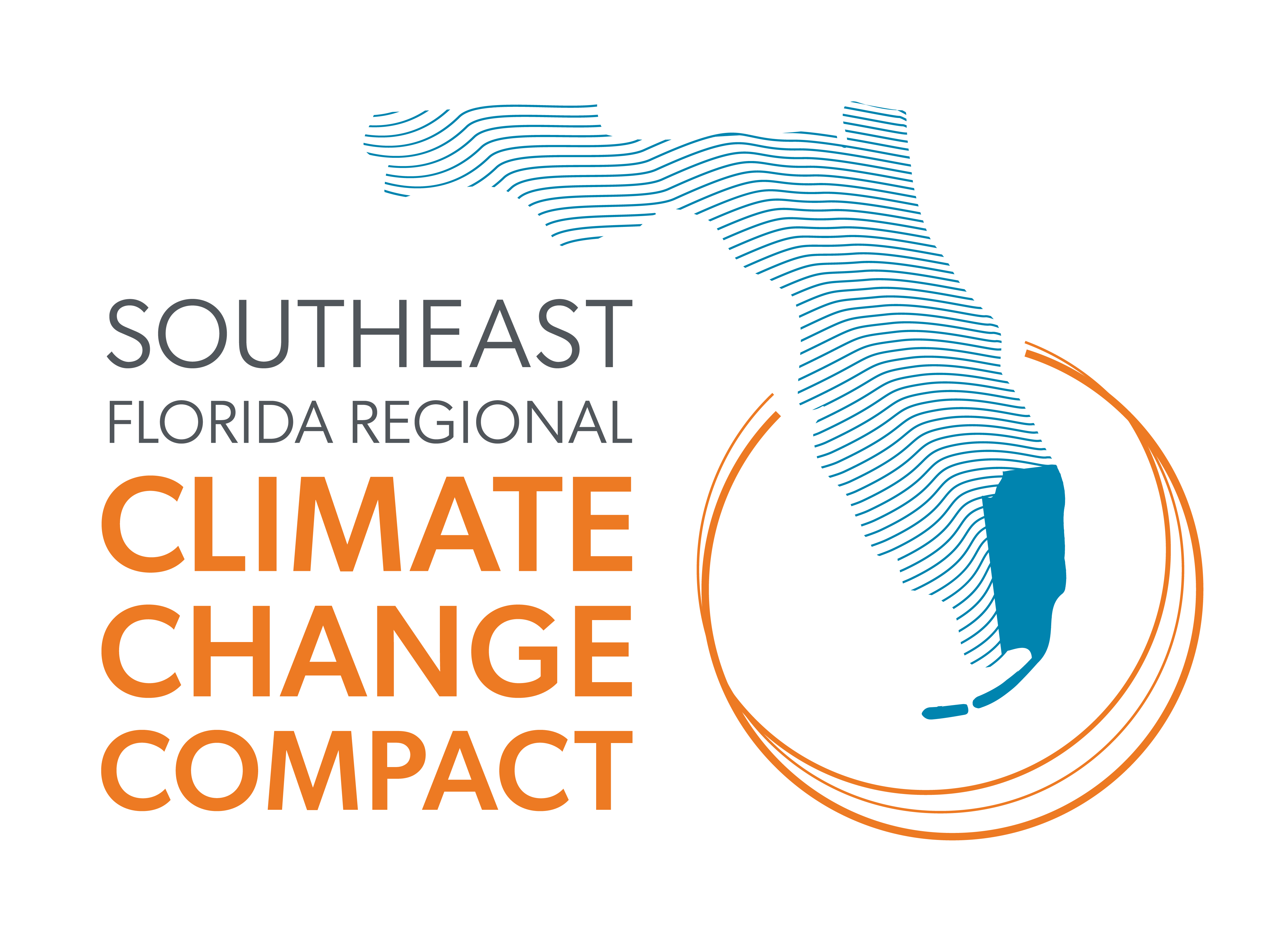
Our Initiatives
Resources and Tools

Regionally Unified Sea Level Rise Projection
The Regionally Unified Sea Level Rise Projection and the guidance report are key planning tools produced by the Compact, intended to assist decision-makers at both the local and regional levels in Southeast Florida to plan for and make decisions about sea level rise and associated vulnerabilities based on best-available science.

Compact Climate Assessment Tool (C-CAT)
The C-CAT was developed in response to local government leaders who expressed interest in a shared tool to help identify, track, and report on priority mitigation and adaptation strategies, and provide a means for measuring and communicating resilience progress across the region.

Compact Climate Assessment Tool Survey
The Compact invites local and tribal governments across the four-county region to complete the annual self-assessment survey on their progress toward the 11 prioritized mitigation and adaptation actions, as well as the ways in which they have embedded equity into these actions.

Policy Platform
The Compact is committed to the annual development of joint policy positions to guide and influence all levels of government to adapt to climate impacts, reduce greenhouse gas emissions, and build community and economic resilience.
Federal Funding Tracker
This tracker provides information to local governments in Southeast Florida regarding federal climate funding opportunities that support the advancement of mitigation and adaptation goals.

RCAP Implementation Resources
As part of the Southeast Florida Regional Climate Change Compact’s ongoing efforts to build the capacity of practitioners and stakeholders in Southeast Florida to advance regional climate action, the following guidance documents have been developed on specific topics to build upon material presented at Compact Implementation Workshops.

Communications Resources
The following communications documents support climate practitioners in outreach and engagement activities.

Business Case for Resilience
Developed by the Urban Land Institute in 2020, the Business Case for Resilience in Southeast Florida was commissioned by the Compact and the business community to systematically assess the economic impact of investment in resilience in the Southeast Florida region, and is based on a regional economic analysis conducted by AECOM.

Regional Energy Efficiency Opportunity Analysis
Funded by the Southeast Energy Efficiency Alliance, the analysis looks at wide-scale deployment of energy efficiency opportunities for the low-to moderate (LMI) households in the southeast Florida region.
Regional Data

Southeast Florida Climate Indicators
The Compact endeavors to serve as a central repository for the best available, up-to-date, locally relevant scientific information on physical indicators of climate change in the region. It has developed regionally relevant indicators spanning temperature, precipitation, sea level rise, high tide flooding, saltwater intrusion, and sea surface temperature to help inform practitioners in advancing regionally consistent planning, as well as educate elected officials, the media, and the general public regarding the consequences of climate change.

Regional Greenhouse Gas Inventory (2005-2015)
Since the Compact’s establishment, a core commitment has been to collaborate on strategies to reduce the region’s emissions, including the development of an emissions baseline for Southeast Florida. A regional greenhouse gas emissions (GHG) inventory is integral to developing informed climate change mitigation strategies and monitoring the region’s progress over time.

Regional Climate Assessment Snapshot
The annual Regional Climate Assessment Snapshot provides a high-level overview of local governments’ actions on 11 key mitigation and adaptation priorities established through the Climate Assessment Tool (C-CAT), and tracks regional climate progress over time.

Resilience Roadmap
A GIS database showcasing a non-comprehensive compilation of adaptation and mitigation projects across the four-county region.
Regional Plans

Regional Climate Action Plan
The Regional Climate Action Plan (RCAP) is a voluntary framework designed to align, guide and support the acceleration of local and regional climate action in Southeast Florida to realize a healthy, prosperous, more equitable and resilient, low-carbon region.

Regional Greenhouse Gas Reduction Plan (Climate Pollution Reduction Grant)
The Compact is leading the development of a regional greenhouse gas reduction plan that will cover the four-county region, inclusive of Broward, Miami-Dade, Monroe, and Palm Beach counties. The plan will be developed in two phases, with an initial phase complete in March of 2024 and a final, comprehensive plan complete in the Summer of 2025.
